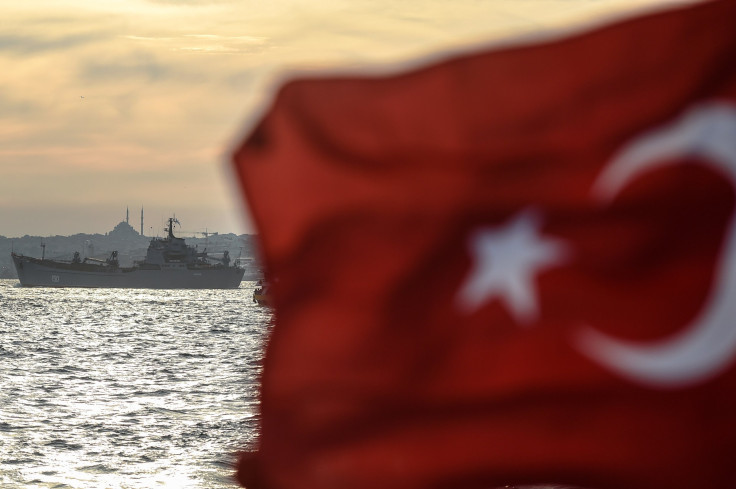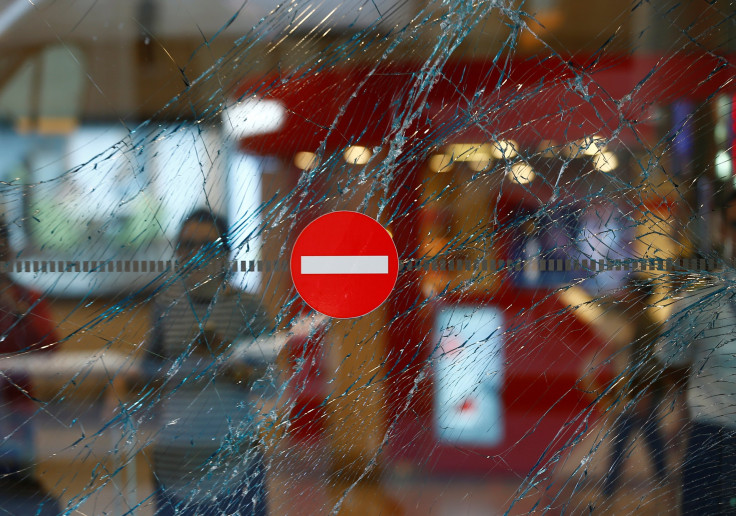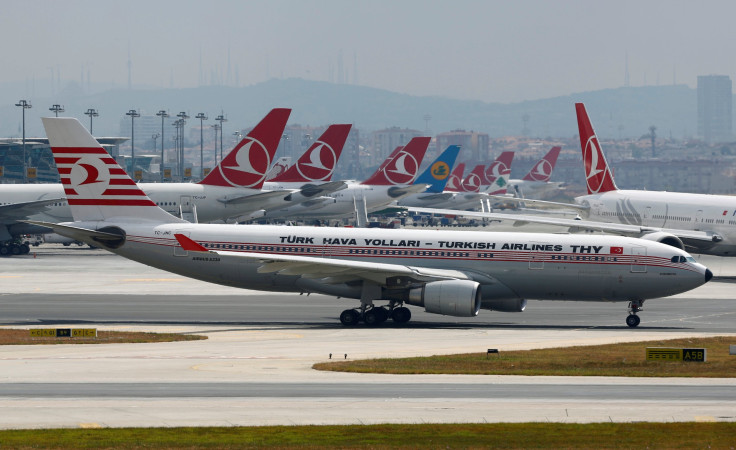Istanbul Attack Delays Restoration Of Russia-Turkey Relations And Further Weakens Struggling Turkish Tourism Sector

MOSCOW — A bloody gun and bomb assault on Istanbul’s Atatürk airport Tuesday is expected to delay the restoration of Turkey-Russia relations and further hit Turkey’s beleaguered tourism industry. Turkey has experienced a record plunge in visitors already this year because of spiraling regional violence linked to the ongoing civil war in neighboring Syria and a severing of diplomatic ties with Moscow after the downing of a Russian bomber by a Turkish jet.
Attempts earlier this week by Turkish President Recep Tayyip Erdoğan to mend relations with his Russian counterpart Vladimir Putin are unlikely to increase the numbers of Russians vacationing in Turkish resorts if safety fears — and Russian sanctions against travel to Turkey — are not allayed in the wake of the attack.
Turkey, formerly a big hit with sun-seeking Russians, is the sixth most popular holiday destination in the world, but the country reportedly saw its biggest ever recorded fall in foreign tourist arrivals in May — a 34.7 percent drop compared to the same month last year. The collapse took the number of visitors to its lowest level in decades and threatens the health of the whole sector, with knock-on effects in the construction and real estate industries.

Russian tourists were once the second biggest number of tourists visiting Turkey after Germany and ahead of the United Kingdom. But, this year the number of visitors from Russia has dwindled almost to zero following the imposition of Kremlin sanctions. The Association of Russian Tour Operators said last week that Russian tourist numbers in the popular resort town of Antalya in the first half of June were down 98.5 percent compared to the same period last year.
Russia imposed a series of sanctions on Turkey in response to the loss of its jet last November, including freezing work on a pipeline to ship Russian gas to Europe via Turkey, bans on Turkish food products and advising Russian tour operators not to sell holidays to Turkish resorts.
The Kremlin said Monday that Erdoğan had apologized for the shooting down of a Russian air force jet by Turkey's military near the Syrian border in November. Russian media also reported a pledge by Ankara to pay compensation to the dead pilot’s family, but despite Erdoğan’s attempts at redress, there has yet been no move from Moscow to scrap the punitive measures.
“The decision to apologize to Russia, perhaps reflects the weak state of the Turkish economy now, and the devastating impact being felt from the Russian tourism ban, combined also with the collapse of European tourism visits,” said Timothy Ash, an emerging markets strategist at Japanese financial holding Nomura International in London, in a note to investors this week.

Turkey depends on visitors flocking to resorts along its Mediterranean and Aegean coasts for annual revenues of up to $30 billion with the whole tourism industry estimated to generate about 4 percent of the country’s gross domestic product, so restoring ties with Russia is close to the top of Erdoğan's foreign policy objectives.
"I believe we will normalize our relations with Russia rapidly by ending the existing situation which is not in the interest of both sides," Erdoğan said Monday at a dinner to break the daily fast during the ongoing Muslim holy month of Ramadan.
On the same day that he apologized to Russia, Erdoğan announced the re-establishment of diplomatic ties with Israel after a six-year hiatus, and expressed hopes that a rapprochement would see economic benefits, including higher tourist numbers.
But the Turkish president's hopes of economic prosperity and a tourism boom have been dashed by Tuesday’s attack, which saw at least three attackers attempt to storm one of the busiest airports in Europe. Officials said 23 Turkish and 13 foreign nationals had been killed in the attack. Turkish officials blamed the Islamic State group and said at least 36 had died.
An upswing of violence and terrorist attacks in Turkey have also turned away European visitors with at least eight German tourists dying in a bomb blast in Istanbul in January.
© Copyright IBTimes 2025. All rights reserved.






















